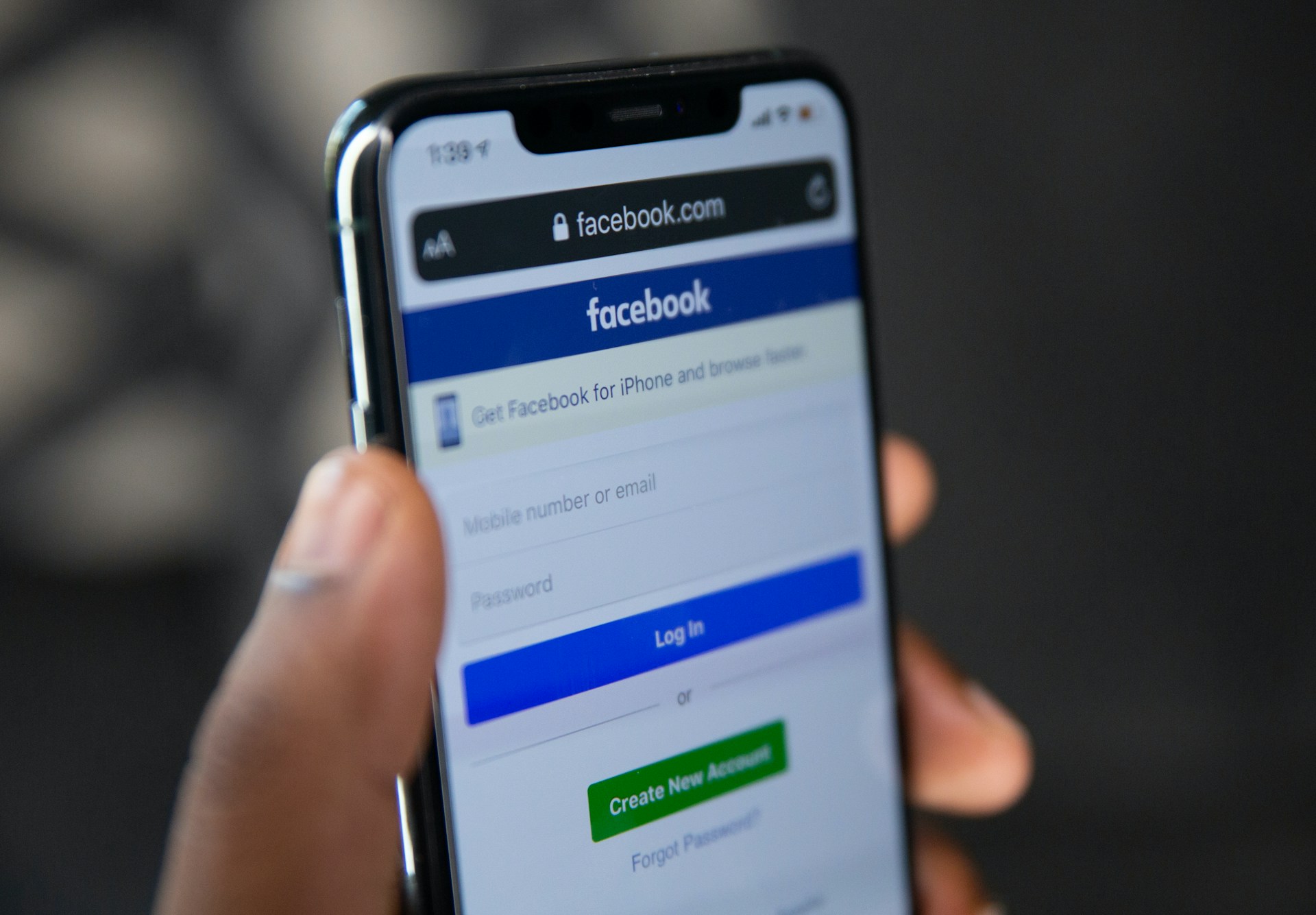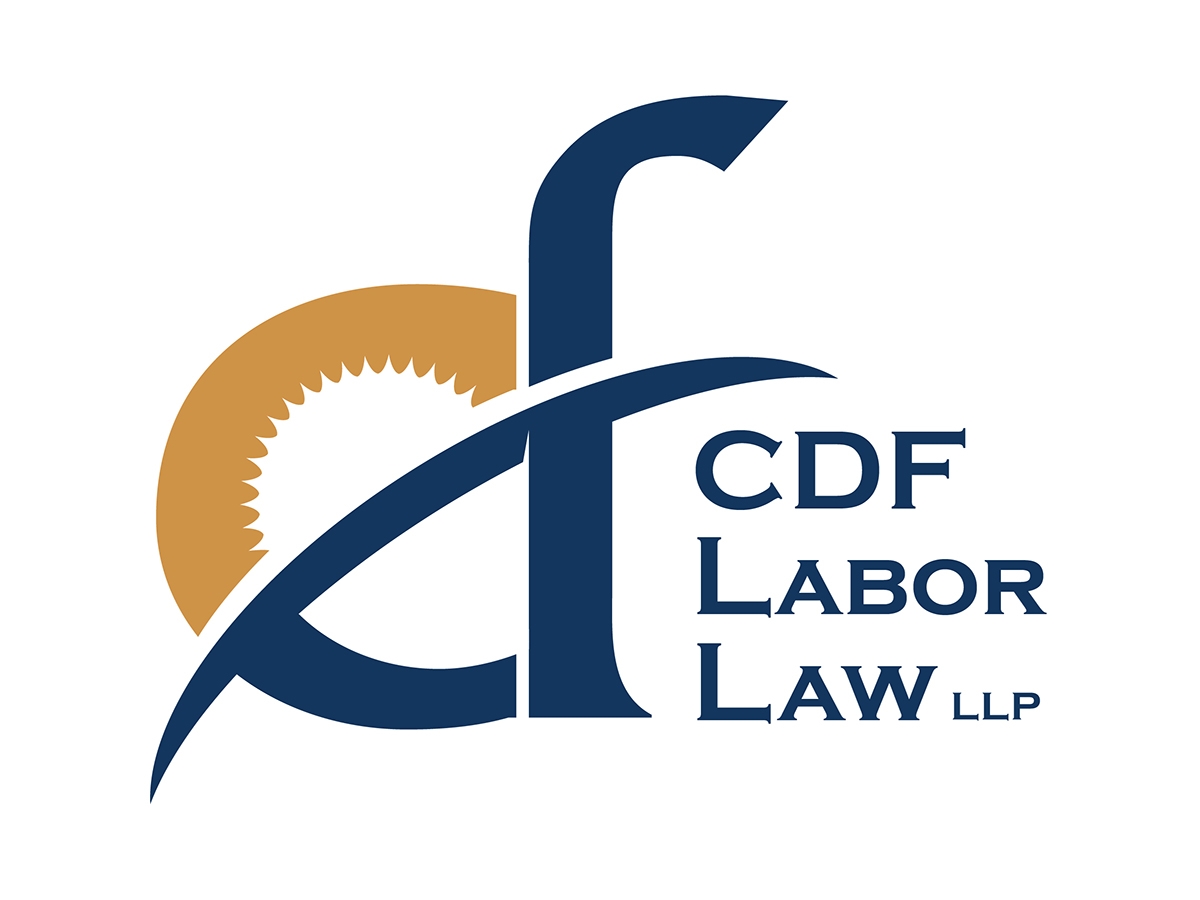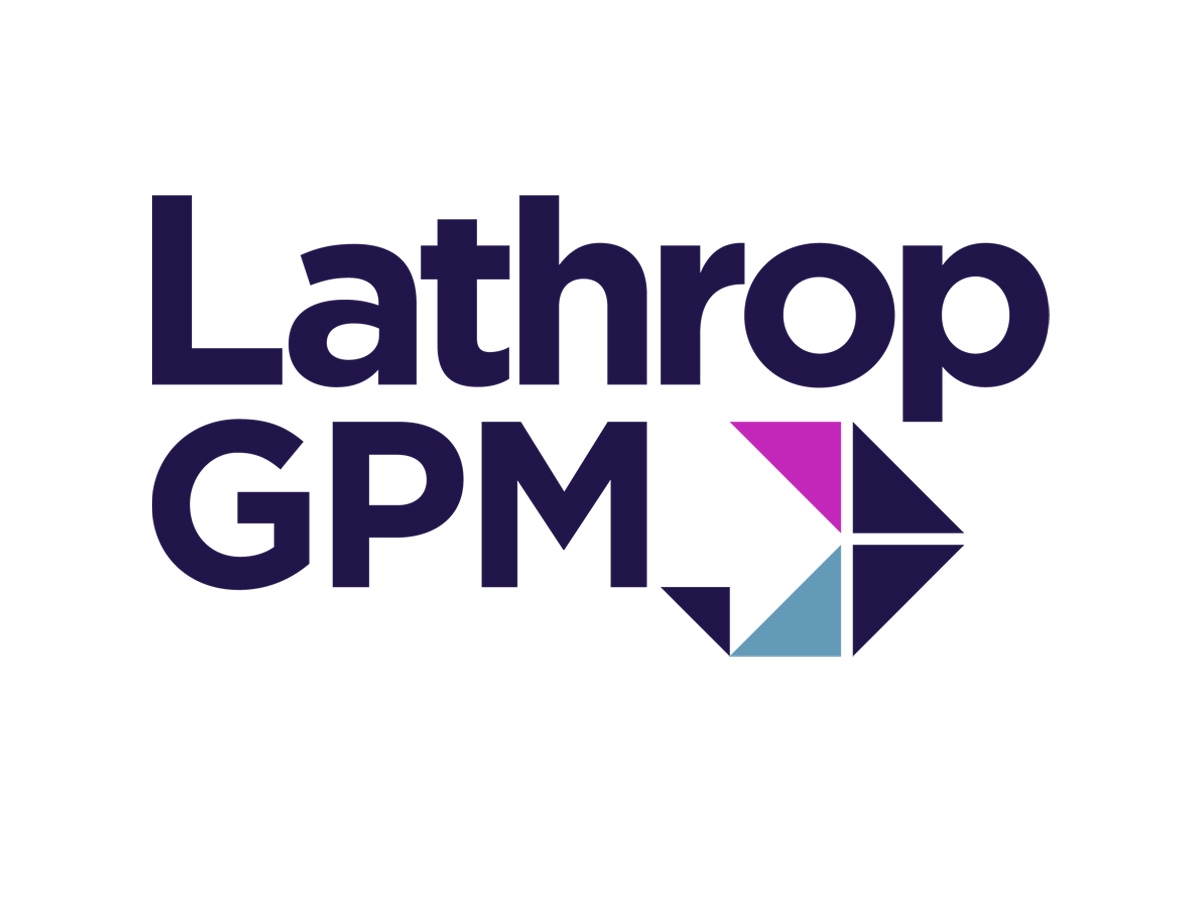Tennessee, All Shook Up Over AI-Generated Voice Replicas, Passes ELVIS Act | Davis Wright Tremaine LLP
New law prohibits the unauthorized commercial use of a readily identifiable voice
Elvis may have left the building, but his impact on the right of publicity continues to be an integral part of Tennessee law. And the King’s legacy now includes efforts to control the proliferation of artificial intelligence in the music industry.
In late March, the Volunteer State – which for decades has afforded an expansive right of publicity protection for names and likenesses, but not voices – further extended that protection to individuals’ voices in light of the increased popularity and accessibility of AI-generated audio tracks, while at the same time memorializing First Amendment and fair use as an express exemption.
On March 21, 2024, Tennessee Governor Bill Lee was joined by singer songwriter Luke Bryan and key legislators as he signed the Ensuring Likeness Voice and Image Security (ELVIS) Act, which renamed the existing “Personal Rights Protection Act of 1984” and added “voice” so that the unauthorized commercial use of a voice which is “readily identifiable and attributable to a particular individual” will constitute a misdemeanor and also be subject to a private right of action for actual damages. The ELVIS Act also leaves in place the possibility of treble damages when the defendant knowingly uses an unauthorized voice replica, and treble damages plus attorney’s fees where the defendant uses an unauthorized voice replica of someone who served in the armed forces. In addition to protecting the unauthorized commercial use of a person’s voice – as many other states already do under their right of publicity statutes – the ELVIS Act appears to be the first statute in the country to specifically focus on AI-generated voice replicas.
The law, which takes effect on July 1, 2024, will allow a recording artist to sue over the commercial use of his or her voice. A separate provision of the ELVIS Act takes direct aim at AI platforms by allowing a lawsuit against any person who “makes available an algorithm, software, tool, or other technology, service, or device” with the “primary purpose or function” of creating unauthorized recordings of a person’s voice.
The statute also amends the existing law’s express “fair use” exemption to specifically incorporate voice replicas. The law’s fair use exemption now applies to (1) uses of name, photograph, voice or likeness in news, public affairs, or sports broadcasts; (2) uses for comment, criticism, scholarship, satire, or parody; (3) representing one’s self in an audiovisual work, “unless the audiovisual work containing the use is intended to create, and does create, the false impression that the work is an authentic recording in which the individual participated”; (4) fleeting or incidental uses; and (5) advertising for any of the above.
Governor Lee described the new legislation as “first-of-its-kind legislation updating Tennessee’s Protection of Personal Rights law to include protections or songwriters, performers, and music industry professionals’ voice from the misuse of artificial intelligence.” Further cementing Elvis’ influence on this legislation, the Governor’s official X account recently posted a photo celebrating the new statute with Priscilla Presley.
What Conduct Does the ELVIS Act Address?
- First, the legislation expands the existing right of publicity regime to allow the plaintiff to sue any person who uses or infringes upon the use of an individual’s voice, regardless of whether the unauthorized use features the plaintiff’s voice or an AI-generated replica. Since 1984, the statute only protected the use of an individual’s name, photograph, or likeness, but now will protect the individual’s voice, as well.
- Next, the ELVIS Act amends the existing private right of action to add the unauthorized use of the plaintiff’s “voice,” so it will now apply whenever a person “publishes, performs, distributes, transmits, or otherwise makes available to the public an individual’s voice or likeness, with knowledge that use of the voice or likeness was not authorized by the individual.” In other words, even if a person did not herself create an AI-generated audio track, she would be liable under Tennessee law for distributing, transmitting, or making that track publicly available – so long as she knows that the track was generated with AI. Critically, however, the statute does not limit this provision to the use of artificial intelligence, meaning that it could be read to prohibit any uses of a person’s voice without their permission.
- Finally, the legislation amends the existing private right of action to subject to liability a person who “distributes, transmits, or otherwise makes available an algorithm, software, tool, or other technology, service, or device, the primary purpose or function of which is the production of an individual’s photograph, voice, or likeness without authorization from the individual.” This amendment is squarely targeted at those ultimately responsible for any artificial intelligence model or platform that allows users to create AI-generated audio tracks.
Why Did Tennessee Pass The ELVIS Act?
Tennessee already affords significant protections over the right of publicity. The existing statute, formerly known as the Personal Rights Protection Act, was passed in 1984 and originally afforded control of a person’s “name, photograph, or likeness in any medium, in any matter directed to any person” on a perpetual basis, so long as the person’s heirs claim the right within ten years after the person’s death. Tenn. Code Ann. § 47-25-1105. This right can be terminated with proof that the person’s heirs have stopped exploiting the right for two years after the ten-year period following the person’s death. Tenn. Code Ann. § 47-25-1104. Tennessee law had already established misdemeanor criminal liability for the unauthorized use of a person’s publicity rights, and the ELVIS Act maintains that liability for the unauthorized use of voice replicas as well.
As artificial intelligence has continued to proliferate over the last year, models or platforms that allow a user to create high-quality and realistic-sounding AI-generated audio have become increasingly accessible to the public.
The rapid development of tools that use artificial intelligence to create music clips was likely in the minds of Governor Lee and state legislators in crafting the ELVIS Act. For instance, in announcing the legislation had been signed into law, the Governor explained that the ELVIS Act was necessary because the state’s decades-old regime “did not specifically address new, personalized generative AI cloning models and services that enable human impersonation and allow users to make unauthorized fake works in the image and voice of others.”
What Happens Next?
Because the ELVIS Act does not take effect until July 1, 2024, artists and attorneys have a few more months to consider all of its implications. The statute presents fascinating questions about the First Amendment, the fair use doctrine, and whether the statute might be used to challenge common preexisting uses like cover bands and celebrity impersonators. Here are a few of the pressing issues that courts will likely be required to address after the new law takes effect:
- How to determine whether the challenged audio clip is “readily identifiable and attributable” to the plaintiff: The key assumption behind this new legislation is that the defendant has used the plaintiff’s “voice or likeness” without permission. And while the ELVIS Act defines “voice” to include any sound “that is readily identifiable and attributable to a particular individual, regardless of whether the sound contains the actual voice or a simulation of the voice of the individual,” the statute does not specify how a court would make this determination in practice. Would a civil claim under the ELVIS Act always require factual discovery to address this question, or might the court make this determination on its own, based on the pleadings, in the context of a Rule 12 motion? The first cases under the ELVIS Act will likely tangle with this important question.
- Addressing the “primary purpose” of an AI model: The legislation creates a cause of action against someone responsible for creating an AI program or model “the primary purpose or function of which is the production of an individual’s photograph, voice, or likeness” without permission. The statute does not define or otherwise shed any light on the “primary purpose” inquiry, and as artificial intelligence companies compete to provide additional offerings – including audio tools – courts will be forced to parse each company’s services in order to make this determination.
- What constitutes “commercial exploitation”? This question – which right of publicity cases often turn on – remains a critical part of the analysis in Tennessee. While the original statute also limited the right of publicity in Tennessee to cases where the defendant has made a “commercial exploitation” of that right, the new statute does not provide any new clues or insight into how this analysis will apply in the context of AI. For example, will the “commercial exploitation” requirement be met when a person simply posts an audio replica online? What about when someone operates a passive website that offers an AI model that can be used to create audio replicas? Courts will surely confront these questions in the coming years.
- Whether other states will pass similar legislation: Since Congress has still not proposed a regime to govern artificial intelligence, state legislatures may prove to be fertile ground for new AI-related legislative developments. The ELVIS Act was passed with considerable support from an array of artist-focused national groups; according to the Governor’s office, groups including the American Society of Composers, Authors and Publishers (ASCAP), Broadcast Music, Inc. (BMI), and the Screen Actors Guild – American Federation of Television and Radio Artists (SAG-AFTRA) all supported the legislation. Given the broad support for this legislation among the artist community, additional states, particularly those like Tennessee with a significant music industry presence, may now follow suit.






